“But this too is true: stories can save us.” ― Tim O'Brien, The Things They Carried
Next Thursday will be Veterans Day. That will mean different things to each of us depending on our experience or the experience of those in our families. For all of us, it will be an opportunity to venture across the divide that separates those who serve in the military and those who do not. I’ve long believed that journey can start with stories.
With that in mind, I am turning to the work of four members of our Spark community to get us started: A Vietnam veteran, a novelist and social justice writer who used fiction to imagine the stories of the women who served in that war, and a reprise of the brilliant essay, “Soldiers Are More Than Just Symbols” by veteran David Abrams that applies to all wars, all veterans, all of us. Finally, I share a recent essay by Navy veteran Jim Ruland that has nothing to do with his experience as a veteran but offered me a way to handle my grief and a way to think about how we use days like Veterans Day — or waste them.
Tom Keating: The Seminarian Turned Soldier
Tom Keating wanted to be a priest. Instead, five years after entering the seminary, he became one of the 2.7 million Americans who served in Vietnam. Instead of cradling a chalice in his hands, he learned to hold a gun he hoped he would never have to use. He was a conscientious objector who served. His story, detailed in his book Yesterday’s Soldier, is the account of how, at age 23, his life changed forever.
This week, Tom contributed this brief essay about what home can mean to someone who returns from deployment at a time when no one wants to hear about the place he has been.
Welcome Home
The first time I heard “Welcome Home” was in Washington DC while covering the dedication of the Vietnam War Memorial in 1982. Veterans were shaking hands with other vets and saying, “Welcome Home, Brother.” We all were celebrating the nation’s recognition of our service in that unpopular war, finally, ten years after it was over.
I’ve continued to say that to fellow Vietnam Vets, and all vets I meet. “Thank you for your service” seems so artificial, cold, matter of fact. “Welcome home” has warmth and affection. It honors the veteran who deployed and left their home to serve in our armed forces.
Home to a veteran is the place where he or she longs to be while deployed. Home is real and an ideal. The veteran knows it’s there, it is real. But from far away, in a strange place, it shines with the light of the ideal: a memory of love, laughter, friends, fun.
When I sat in hot, damp guard bunkers in Vietnam, home meant being with my brother and sisters, Mom and Dad, sitting around watching the television, laughing and being together. Swimming in Long Island Sound, talking to pretty girls at school, sweating at football practice, and going to McDonalds after school, buying two hamburgers, a Coke and fries for a dollar. I left out anything or anyone that was negative. Home was all good. A fiction of course, but a necessary one. It kept me hopeful.
“When I sat in hot, damp guard bunkers in Vietnam, home meant being with my brother and sisters, Mom and Dad, sitting around watching the television, laughing and being together…Home was all good. A fiction of course, but a necessary one. It kept me hopeful.” - Tom Keating
Vietnam GIs called home “back in the world.” For us, the world was real life, the war was another planet. Sometimes glimmers of home reached us. When a GI got a letter from home, it made his or her day. Care packages from home led to celebration and sharing with other soldiers so all could get a taste of what waited for us back in the world.
Soldiers counted the days each day before they could leave the war and go home. GIs marked them off in “short-time calendars.”
Coming back to “the world,” however, was a shock. The ideal of our dreams faded when we returned.
People at home were tired of the war with the nightly body counts on CBS and NBC, and anti-war demonstrations. Young people shouted curses at many of us when we returned. Some and some were spit on. We were easy to notice in our uniforms. Angry shouts filled our ears.
I was among the lucky ones. I arrived in the U.S. after a twenty-four flight from Vietnam. At the end of the flight, the Army discharged me, and I got a taxi to the airport. I was tired and hungry. I ate breakfast at 4:00AM with shift workers at the San Francisco Airport in their “diner,” off limits to normal airport travelers, but welcoming to a soldier just back from war and hungry. When I boarded my plane home, a flight attendant noticed my exhaustion from travelling all night. She served me whiskey with coffee so I could sleep during the 7:00 A.M. flight home. And when I landed in Boston, my girlfriend was there, waiting for me. I hugged her close. I was home. - by Tom Keating
More about Tom
Tom Keating is a long time Needham Massachusetts resident and a veteran of the Vietnam War. He served in the US Army at Headquarters and Headquarters Company, 1st Logistical Command, and Headquarters Company, US Army Vietnam, (USARV). Both units were in Long Binh, Vietnam.
His service earned him two Army Commendation Medals for his work. His memoir of his military experiences in the US Army, “Yesterday’s Soldier,” is the story of his journey from Infantry Officer Candidate (OCS) to conscientious objector and is available on Amazon. A member of the Military Writers Society of America, his writing has appeared in national anthologies. His most recent work, “Vietnam Memorial, Past and Present” was published in The Veteran, a national magazine. For more, visit his website at www.tomkeatingwriter.com.
Lynn Kanter: Imagining The Burden of Silence for Women Who Served
Lynn Kanter has never served in the military. She has long worked as a writer for organizations involved with social justice and is currently a consultant for national progressive organizations focusing on racial justice. Fiction has been her way of imagining the lives of others and bringing those lives to us in a story. She does this with her third novel, Her Own Vietnam, about a woman who served as a nurse during the Vietnam war and carried the memories silently until they caught up with her years later. In an interview with bestselling novelist Caroline Leavitt, Lynn said,
“I was a teenager during the Vietnam war era, and my youth was shaped by that war and the passionate movement to end it...At the time, I never gave a thought to the women who were serving in Vietnam, if I even realized there were any.”
It wasn’t until decades later that I began to wonder what it would be like to be a regular, middle-aged woman going about your daily life, but to have that Vietnam war experience – that ball of flames – burning away inside you. I started to do some research, and one thing I learned fascinated me: many of the women who served in Vietnam never talked about it. To anyone.
I’m not a veteran or a nurse, but I do know what it’s like to be in the closet. I felt compelled to tell this story, to throw the light of fiction on this hidden corner of our American history.” - Lynn Kanter, from her interview with Caroline Leavitt
As she wrote her novel, she consulted with women who had served in Vietnam like Chris Banigan who served two tours and ended up as a captain in the Army Nurse Corps.
“She read a draft of my book and gently corrected a couple of small details I had gotten wrong,” Lynn says. “And as you know, when you’re writing historical fiction about events that living people still remember, it’s the small details that count. Chris died suddenly while I was still working on the book, which shocked and shook us all. She was only in her fifties.” - Lynn Kanter
Here is Lynn’s website and more about Her Own Vietnam which is available from Shade Mountain Press, Amazon, and wherever books are sold.
David Abrams: The Cost of Not Seeing Veterans as The Individual Humans They Are
Take away the slick ads, the movie images, and the urge to put veterans on pedestals and you’ll see the human being who wore a uniform for a while, whose life was certainly shaped by service or deployment but who is not -- and should not -- be defined by this. In this 2017 essay, David Abrams describes the wide range of individuals he encountered during his 20 years in the Army.
“… I worked with liars, adulterers, gamblers, and murderers. I also served alongside mothers with tissues tucked up their sleeves, ready to swipe at runny noses; a blues musician who’d give B.B. King a run for his money; marathoners with calves strung taut as bows; a beer-bellied dude who published poems in obscure literary journals; and a woman who kept so many exotic birds in her house, I always left her parties picking feathers out of my mouth.”
David Abrams served in the Army for 20 years and is the author of the novels Fobbit and Brave Deeds along with many short stories and essays all of which you can find here. In this essay, he lifts the curtain between the images of veterans that are too often served up by the media, movies and prevents us from truly seeing the human beings they are how much we share.
“Far too often, those who serve are a collection of clichés from the far ends of the spectrum: either clean-cut, impossibly perfect heroes or PTSD-addled warriors ready to erupt in spree-shooting rage. The regular working class in camouflage are virtually invisible.”
“That explosion you see blooming in the distance behind the actor’s helmet can look like a halo edged by heavenly light. That squeal of descending mortars can sound a lot like the trumpets of angels. But it’s all illusion: I know of few soldiers who’ve ever actually attained action-hero glory (nor are any of them reaching for those lofty heroic laurels). They’re too busy surviving the day-to-day (from humdrum to horror) to worry about “being all they can be.”... if we thought of our service members as more flesh than steel, more blood than flag-cloth, maybe we’d put the brakes on blithely sending them a thousand miles away to a desert war (one we’ll hardly be bothered to remember as time goes on). “ - David Abrams
Jim Ruland: Creating Space For What We Need to Feel
When I opened Jim Ruland’s newsletter this week, I expected to find news about his new book or something that would continue my education in the world of punk rock. Instead, I found “Seasons of Grief: How Dia de los Muertos Taught Me To Grieve.”
I needed to read this essay for all kinds of personal reasons and am grateful for the path it opened for me to create space for mourning when I need to mourn even when it comes after the funeral.
He asks:
“What is it about our culture that makes us incapable of feeling what we feel? We do this during happy occasions as well. You can’t announce an engagement without being bombarded with questions about the wedding date. Anyone who has ever been pregnant knows that to tell people they are with child is to invite inquiries about the sex of the child, the due date, even the name. Can’t we just sit with news for one fucking second? Why are we like this?”
It would not be reaching too far to point out that one of Jim’s central discoveries -- learning to slow down, sit with complicated feelings and memories by creating a space for them -- applies to how many of us approach a day like Veterans Day. There it is, on the calendar, a space created for us.
What do we do with it? What do we think about? Are our rituals more about our own comfort (or discomfort) or what we believe is expected of us? Are we relieved when the day and its burden pass? The answers will be different for each of us depending on whether we are veterans who have suffered losses, family members whose loved ones have returned to them altered, or civilians grappling with our complicity. What if we took the time given to us and use it to mourn, remember, and feel? As Jim Ruland suggests, this may not be easy but the steps are not complicated:
“That’s really all there is to it: make a space for those who have crossed over. It can be their final resting place or a parking lot in Paradise Hills. It can be in your home or in your heart. Make a space. Fill it with memories. Feel what you feel.” - Jim Ruland
Two More Links for Veterans Day
Home Front is a podcast series from NPR that was developed as part of its Rough Translation program. These episodes which have aired mostly in 2021, provide a look at stories on either side of the civilian-military divide: a spouse who must care for her veteran husband in a system that provides little support, a civilian who went to Afghanistan to count the injured, and others. Taken together, they offer a new way to challenge the divisions we create and accept. I am saving the story
Finally, here’s a link to last year’s post for Veterans Day, “The Stories No One Asks For.” The post contains many links to stories, videos, books, and sites where the voices of veterans can be heard or read. Or, maybe you have your own thoughts, your own reflections, your own suggestions. Please feel free to share them here. We can all benefit.
That’s it for this week. Thank you for the wonderful suggestions generated by last week’s issue about crime stories. I’m looking forward to sharing those titles and authors in upcoming newsletters. Keep those messages coming. Leave a comment below or reach out to tell me how you are and what you’re reading. It’s always so great to hear from you.
Ciao for now,
Betsy
P.S. And now, your moment of Zen…a couple of late summer days to remember
Lynn Kanter provided two moments this week. We need all the Zen we can get.
Calling for Your Contribution to “Moment of Zen”
What is YOUR moment of Zen? Send me your photos, a video, a drawing, a song, a poem, or anything with a visual that moved you, thrilled you, calmed you. Or just cracked you up. This feature is wide open for your own personal interpretation.
Come on, go through your photos, your memories or just keep your eyes and ears to the ground and then share. Send your photos/links, etc. to me by replying to this email or simply by sending to: elizabethmarro@substack.com. The main guidelines are probably already obvious: don’t hurt anyone -- don’t send anything that violates the privacy of someone you love or even someone you hate, don’t send anything divisive, or aimed at disparaging others. Our Zen moments are to help us connect, to bond, to learn, to wonder, to share -- to escape the world for a little bit and return refreshed.
I can’t wait to see what you send!
(And if you’ve gotten here, liked something, and still haven’t hit the heart below, now’s your chance! )




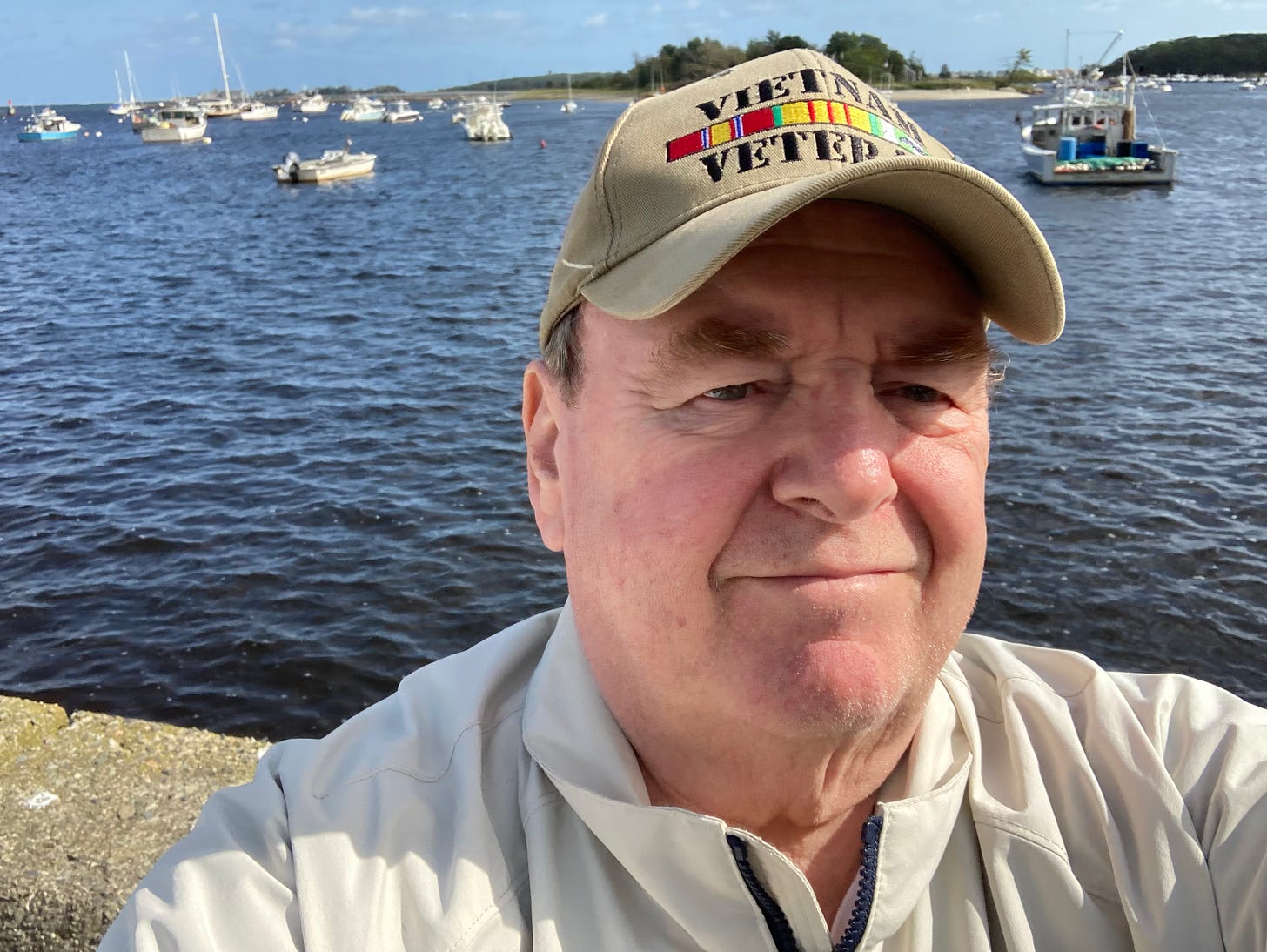
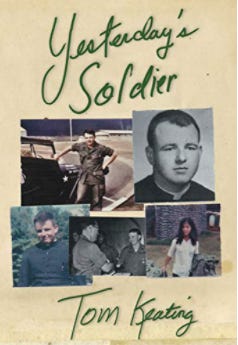
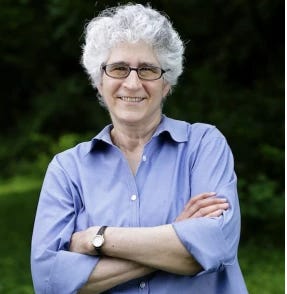
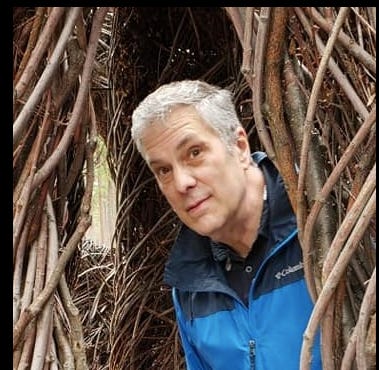
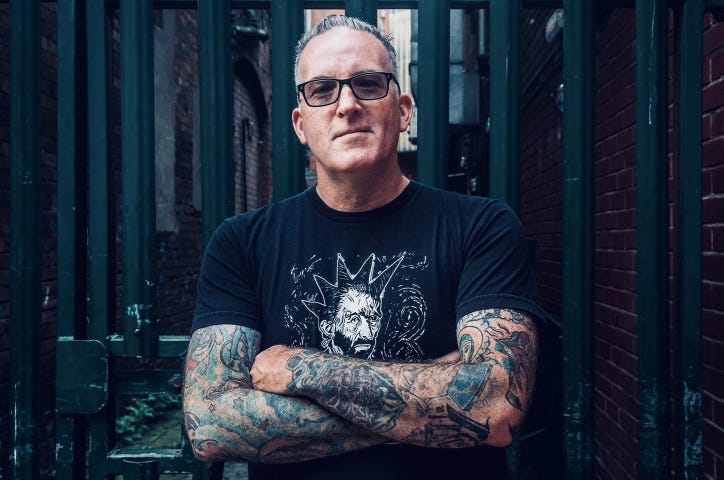

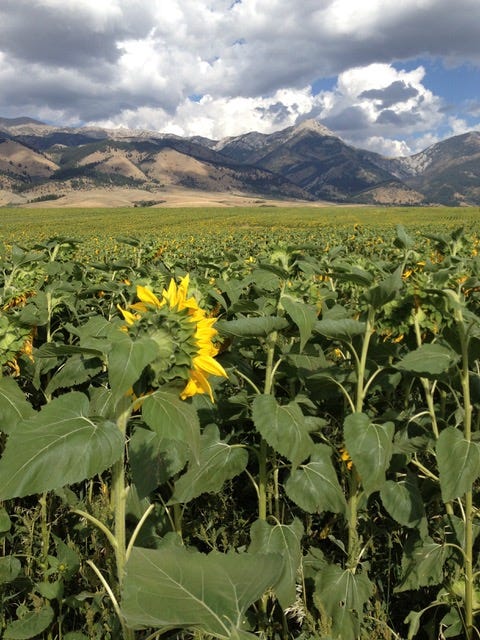
Perfect for Veteran's Day. Reflects so much of what my husband and I discuss. I've read David's novels, will check out the other authors highlighted too.
This was so lovely because I am a huge fan of Tom, Lynn, and David. I hadn't know Jim yet but grateful to have learned about him, too.